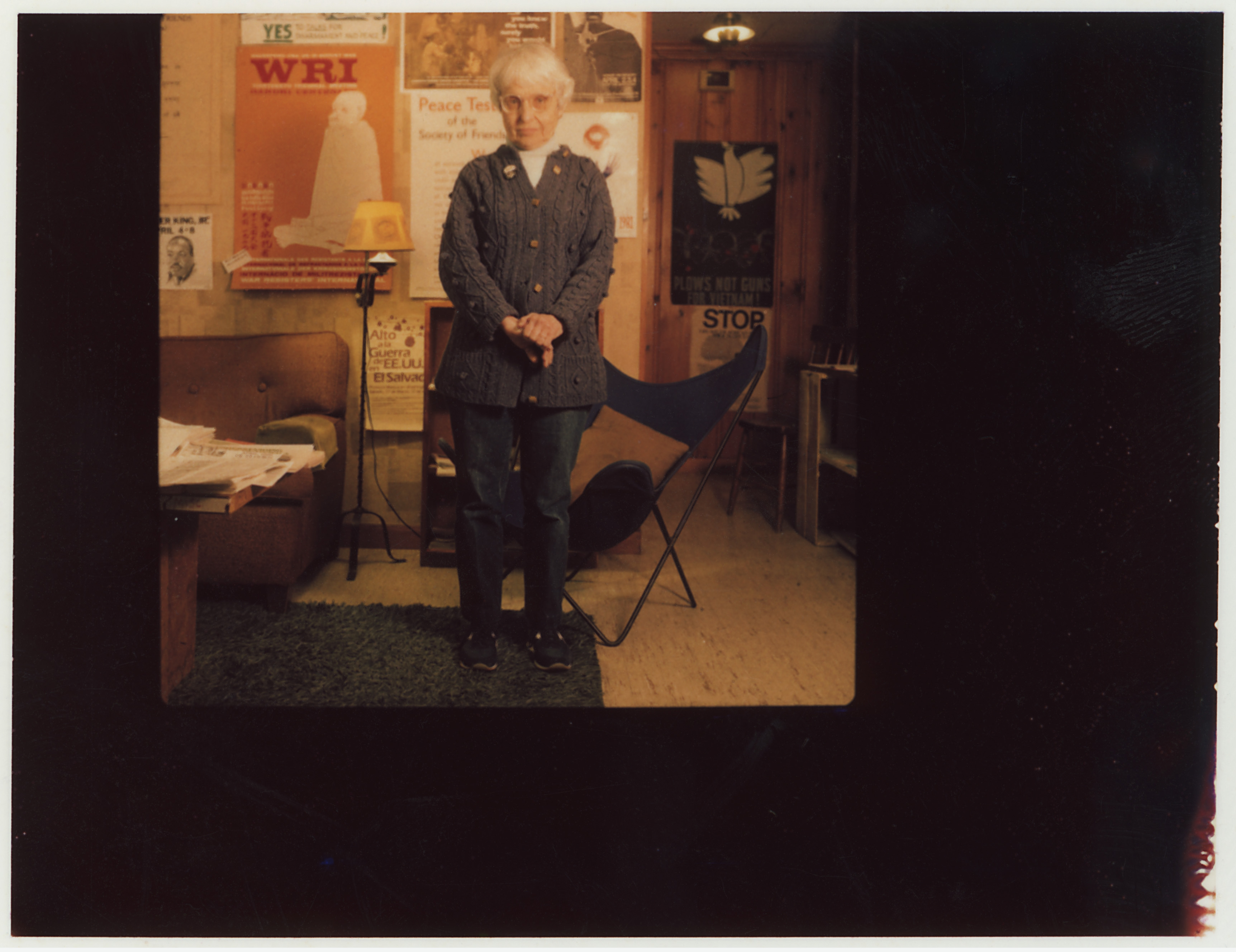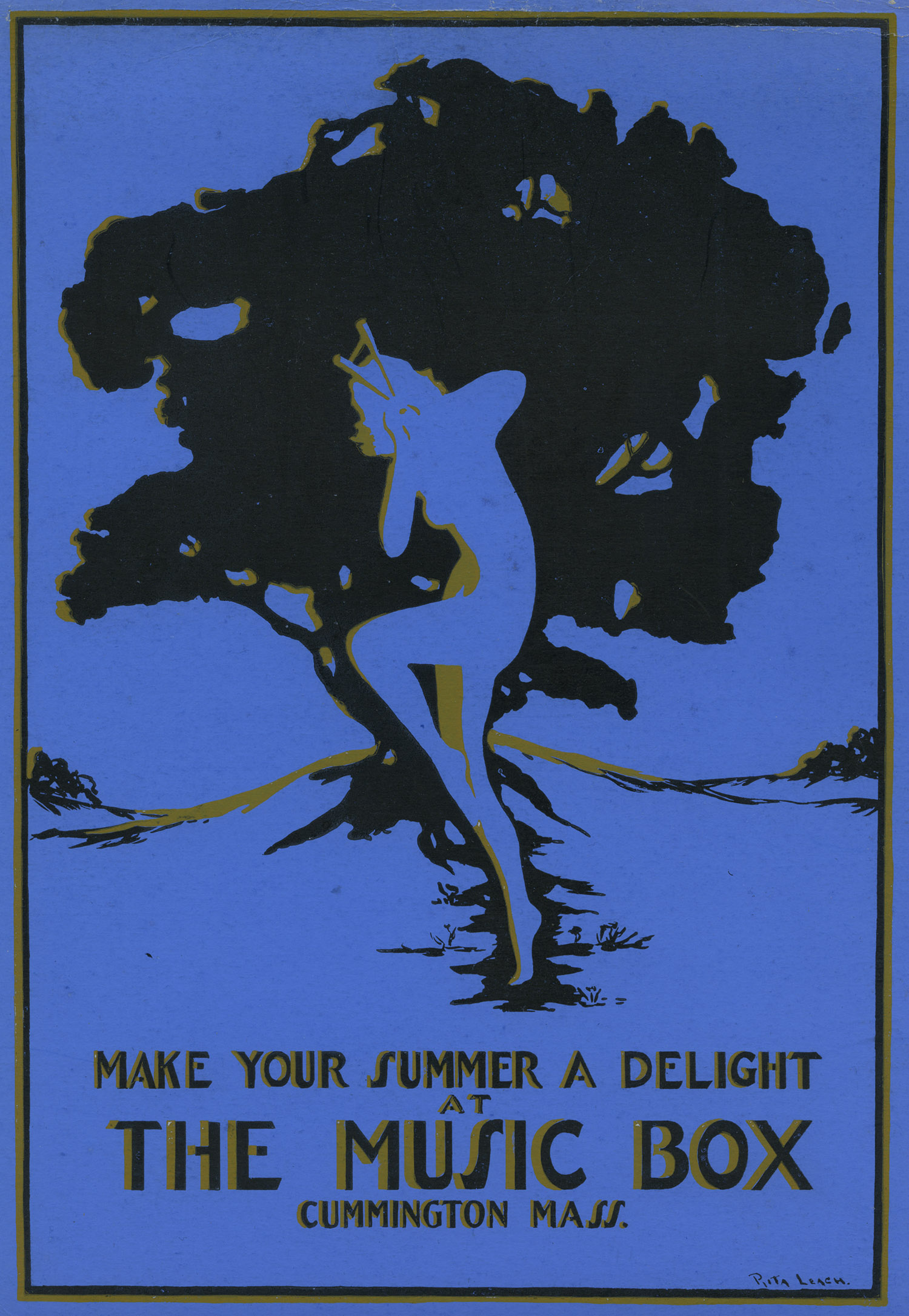Frances Crowe Photograph Collection

A founder of the Western Massachusetts branch of the American Friends Service Committee and the Traprock Peace Center, Frances Crowe was a legendary peace activist. Born in Missouri in March 1919, Crowe became a committed pacifist in 1945 after learning of the devastation of the bombings in Dresden, Hiroshima, and Nagasaki. Moving to Northampton in 1951 with her husband Thomas, a physician, she began organizing for peace and against nuclear weapons, increasing her peacework during the Vietnam War, she she worked as a draft counselor in Northampton. A member of the Society of Friends, she joined the War Resisters League, SANE, and the Women’s International League for Peace and Freedom, among many other organizations, and was arrested dozens of times for civil disobedience during protests opposing war and militarism, nuclear energy, American imperialism in Central America, and apartheid, and she became a war tax resister after the first Iraq War. An activist to the very end, she died on Aug. 27, 2019, at the age of 100.
This small collection of photographs was kept by Frances Crowe in her role as contributor to Peace Work, the newsletter of the American Friends Service Committee, or for inclusion in the AFSC files. Concentrated in the early 1980s, they depict a range of peace and antinuclear protests in western Massachusetts. The majority of the images were taken by Crowe’s associate, Miriam Leader.


